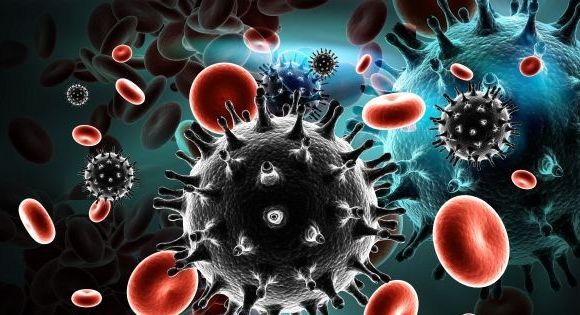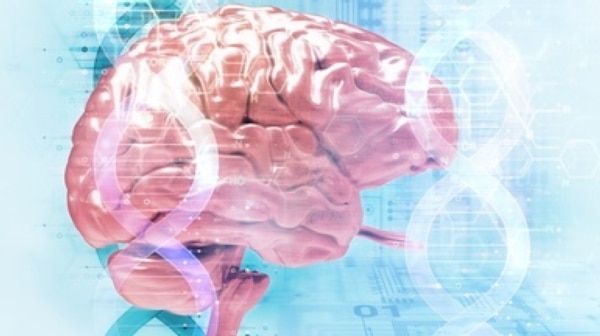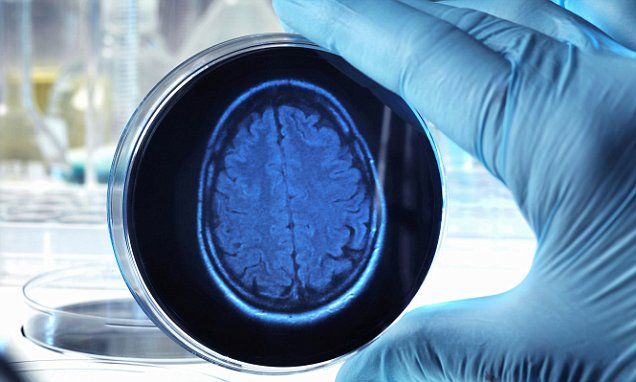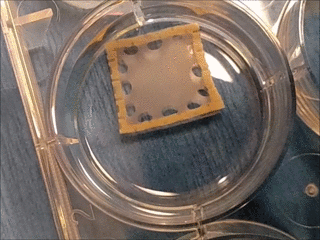It is important to note that none of the embryos were allowed to develop for more than a few days, and that the team never had any intention of implanting them into a womb. However, it seems that this is largely due to ongoing regulatory issues, as opposed to issues with the technology itself.
In the United States, all efforts to turn edited embryos into a baby — to bring the embryo to full term — have been blocked by Congress, which added language to the Department of Health and Human Services funding bill that forbids it from approving any such clinical trials.
Related: CRISPR-CAS9: The Future of Genetic Engineering (Infographic)




